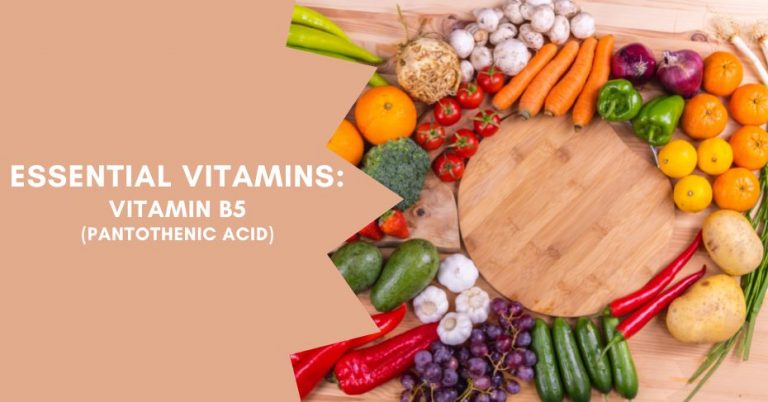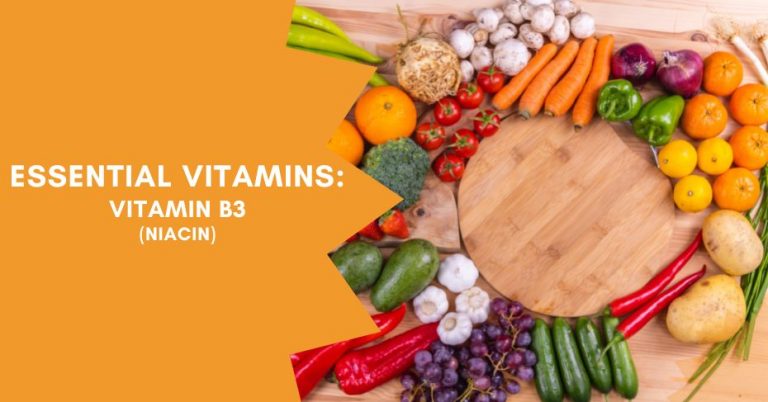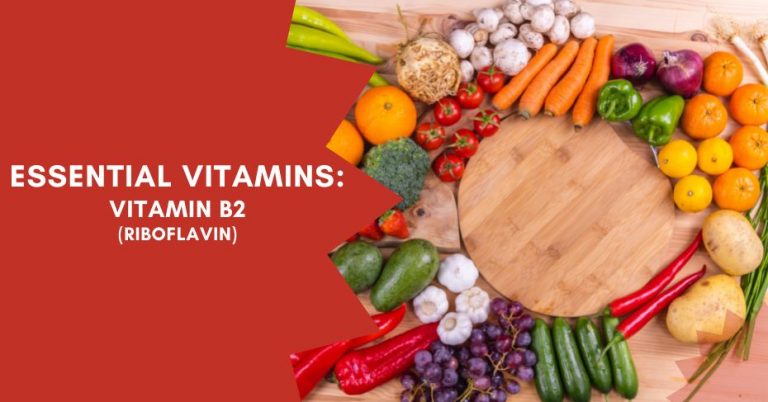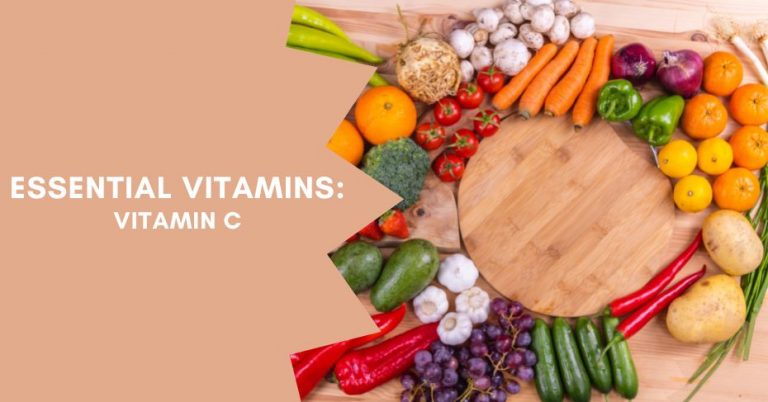Sodium is a mineral found naturally in many foods. It is also added to processed foods to enhance the flavor and extend the shelf life of products. While sodium plays an important role in maintaining homeostasis, it can be dangerous when consumed in excess. Let’s take a look at the benefits and risks associated with sodium intake.
The Benefits of Sodium Intake
Sodium is necessary for proper bodily functions like nerve transmission, muscle contraction, and fluid balance. It helps regulate blood pressure, which has implications for heart health. In other words, consuming enough sodium through natural sources like vegetables, seafood, eggs, and dairy products can keep your body functioning properly.
Risks Associated With Too Much Sodium Intake
It’s important to note that too much sodium can lead to serious health problems like high blood pressure, stroke, heart disease, kidney disease, osteoporosis, stomach cancer, and fluid retention. This is why the American Heart Association recommends no more than 2,300 milligrams (mg) of sodium per day—that’s approximately one teaspoon of salt per day. Although this may seem small compared to what people typically consume (most adults consume nearly 3 times that amount), it’s still enough to maintain healthy bodily functions without running into any major health issues.
How Much Sodium is Too Much?
The American Heart Association recommends limiting daily intake of sodium to no more than 2,300 milligrams per day for adults. For those with pre-existing heart conditions or high blood pressure, a limit of 1,500 milligrams per day is advised. As most Americans consume far more than this recommendation—averaging around 3,400 milligrams per day—reducing consumption levels will be beneficial for many people’s health.
Where Does All That Sodium Come From?
Most of our dietary sodium does not come from adding salt at the dinner table but from processed and restaurant foods that are already high in salt content. Prepared foods such as frozen meals, canned soups and fast food items are often loaded with extra salt because it helps preserve their shelf life or enhances the flavor. Eating out can also be challenging as restaurants tend to use large amounts of salt in their recipes. To reduce your sodium intake, try making meals at home using fresh ingredients instead of relying on prepared foods or dining out when possible.
Reducing Your Intake without Sacrificing Taste
It’s possible to enjoy delicious meals while cutting down on unnecessary added salts and opting instead for healthier alternatives like herbs and spices which can enhance flavor without negatively impacting your health. Additionally, watching labels closely when shopping for groceries will help you identify which items are lower in sodium content so that you can make smarter decisions when selecting foods at the store. With a little bit of effort and creativity in meal planning it’s easy to reduce your sodium intake without sacrificing taste!
Reducing Your Sodium Intake
If you are worried about how much salt you are consuming on a daily basis, there are several steps you can take to reduce your intake without compromising the flavor of your food. You should avoid processed food whenever possible as these tend to contain high amounts of added sodium in order to preserve their shelf life. Eating more whole grains such as quinoa or brown rice instead of white bread or pasta can also help you reduce your sodium intake as well as help maintain a balanced diet overall. Finally, adding more herbs and spices when cooking can help add flavor without having to resort to adding additional salt or sugar!
Bottom Line
Overall it is important to remember that although some amount of sodium is necessary for proper bodily functions it is possible to have too much of a good thing! Too much sodium in the diet can lead to some very serious health problems so it’s best not to exceed the recommended daily limits set by organizations like the American Heart Association. By incorporating more whole grains into your diet and avoiding processed foods with added salt whenever possible you will drastically reduce your risk for developing any major health issues related to excessive consumption of this important mineral!





